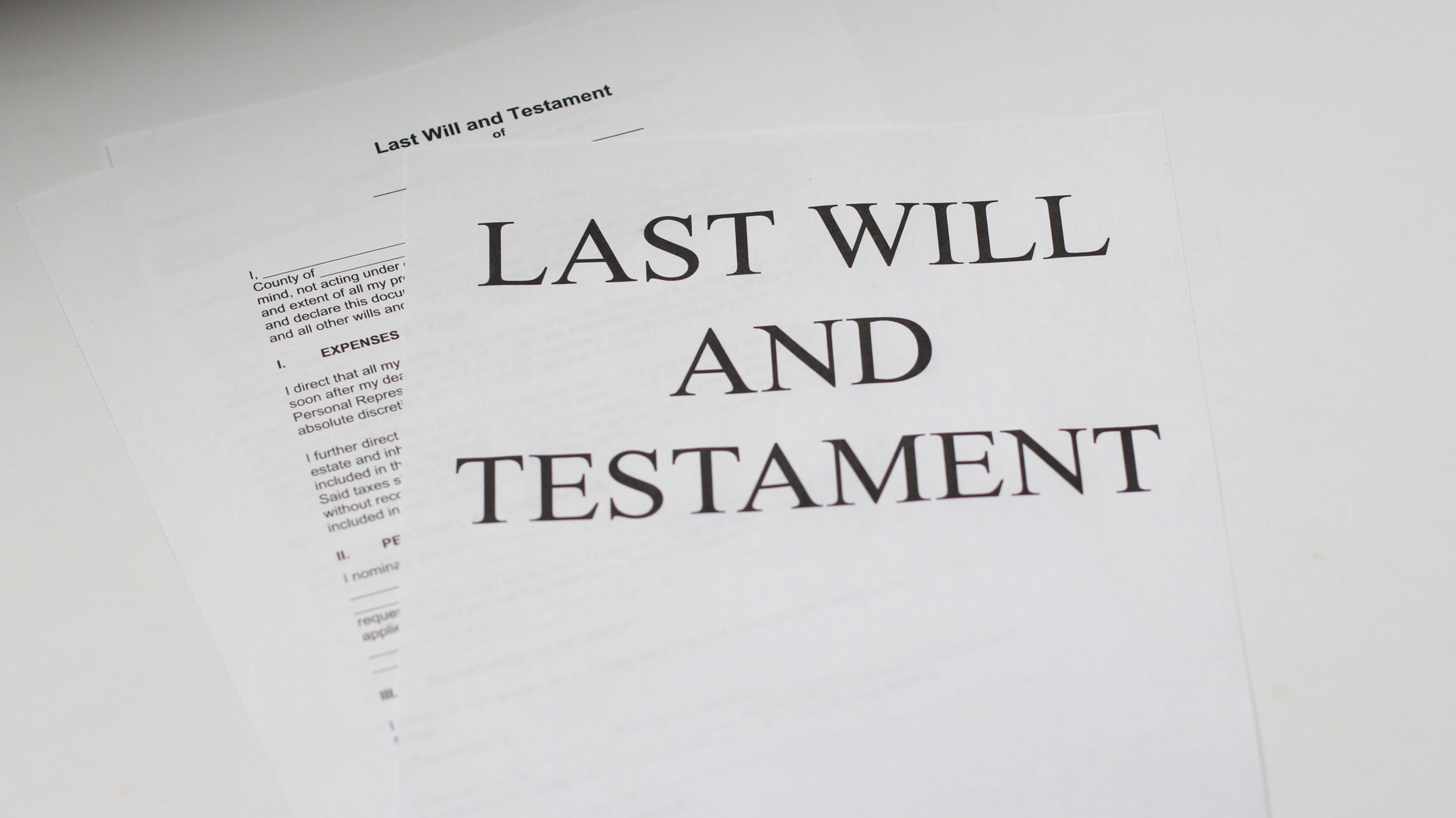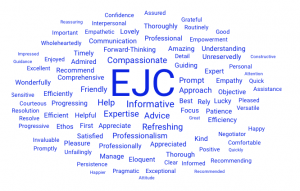Wills are not something that people like to think about – unfortunately, when you have a family they’re something that should not be ignored.
If you don’t already have a will and you have a partner, children or others you want to give your assets to, it’s the only way to be certain that the people that depend on you and you care about are looked after.
If you made a will prior to getting married or entering a civil partnership, you need to make a new one (unless you made your will in contemplation of marriage). However, when you separate and divorce, it’s a different story.
A divorce won’t invalidate your will, but it will take effect as if your husband or wife died on the day the marriage was dissolved, meaning it will exclude them from acting as the executor of your will and will stop them from receiving anything left to them in the will (unless you have specifically provided for that in the will).
If you are not married, if you have named your ex-partner in your will, even after you separate, this will still take effect on your death.
To avoid things getting complicated, if you separate from your partner, it’s wise to make a new will.
It may also be smart, if you own a property jointly with your ex-partner, to change the way in which you hold that property so that, instead of your share of the property automatically passing to your ex-partner should you die, it will become part of your estate and will pass in accordance with your will. This allows you to leave it to whomever you wish.
If you’re thinking that making a new will can wait, remember that, without a valid will, your assets could pass to your ex-partner. If you’re separating you probably don’t want that to happen. It’s worth making sure your family is protected. Even if, at this point, your financial situation isn’t entirely clear, it’s better to err on the side of caution.
After your divorce is final and you have all the financial issues sorted out, you may want to review your will. If you don’t make adequate provision for your dependents and your wishes clear, you could be creating problems. Your will or estate could be challenged and, as you won’t be around to argue, that could mean your assets are given to those you don’t wish to have them. This is quite a complex area, and one on which you should take some specialist advice.
New relationships
Your will is a powerful tool and will protect your children too. For instance, what happens if you invest in a property with a new partner and you die before your new partner? The new spouse or partner could inherit everything if there’s no will. They may remarry and your assets could end up in the hands of someone you’ve never met.
As your relationships change and you move on it’s wise to get professional advice about your will and how you can protect your family.




